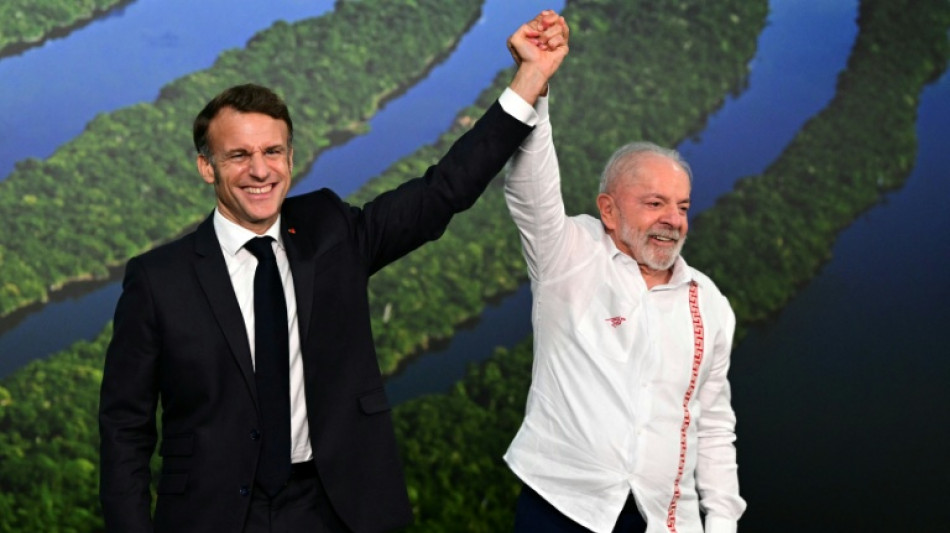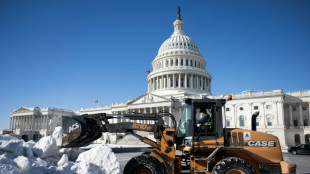

Leaders turn up the heat on fossil fuels at Amazon climate summit
World leaders will meet for a second day of climate talks in the Brazilian Amazon on Friday after fiery speeches and renewed criticism of Big Oil marked the opening session.
Dozens of ministers and several heads of state and government, including those of Spain, Germany and Namibia, will meet in Belem just before the United Nations' (UN) annual two-week conference, COP30, which starts on Monday.
Evidence of the climate crisis, driven largely by the burning of fossil fuels and deforestation, has never been clearer: the past 11 years have been the hottest on record and marked by intensifying hurricanes, heat waves and wildfires.
UN chief Antonio Guterres and a series of national leaders said on Thursday that the world will fail to keep global warming below 1.5C, the Paris Agreement's primary target set a decade ago, but said they have not yet given up on its fallback goal of 2C.
The absence of leaders from the world's biggest polluters, including the United States, where President Donald Trump has dismissed climate science as a "con job," cast a shadow over talks, but also catalyzed calls for greater mobilization.
Countries made an unprecedented pledge to "transition away" from oil, gas and coal at COP28 in Dubai two years ago.
However, the issue has since slipped down the agenda as nations grapple with economic pressures, trade disputes and wars, and the Trump administration aggressively pushing for more fossil fuels.
- 'Roadmap' calls praised -
Brazilian President Luiz Inacio Lula da Silva's call in his opening address for a "roadmap" to halt deforestation, reduce dependence on fossil fuels, and mobilize the financial resources needed to achieve those goals was met with applause.
The coalition backing Lula's call includes European nations and numerous small island states whose very survival is threatened by stronger cyclones and rising sea levels.
Gaston Browne, the prime minister of Antigua and Barbuda, railed against the "large polluters (who) continue to deliberately destroy our marine and terrestrial environments with their poisonous fossil fuel gases."
The idea of phasing out hydrocarbons is also gaining traction in Europe. Despite their divisions, EU countries noted that they have reduced greenhouse gas emissions for more than three decades and are aiming for a 90 percent cut by 2040.
"COP30 must send a clear message that the green transition is here to stay, and that fossil fuels have no future," said Finnish President Alexander Stubb.
Marta Salomon of the Brazilian think tank Politicas Climaticas do Instituto Talanoa told AFP: "When the president talks about a roadmap to reduce dependence on fossil fuels, we understand it as a favorable sign for this discussion to take place during COP."
Lula had already hinted at his plan in an interview this week with AFP and other outlets, though he cautioned "it's not easy" to reduce fossil fuels.
Indeed, Brazil has just authorized its state oil company to begin offshore exploration in the Amazon.
A formal anti-fossil fuel decision in Belem is seen as highly unlikely, given the requirement for consensus among nearly 200 countries attending the conference.
Still, COP30 will put a spotlight on countries' voluntary pledges and their implementation, which could lead to fresh announcements on methane -- a "super pollutant" and the main component of natural gas, prone to leaking from pipelines and installations.
"The world must pull the methane brake," said Mia Mottley, prime minister of Barbados and a highly respected voice in global climate diplomacy.
A.Hauser--NWT



